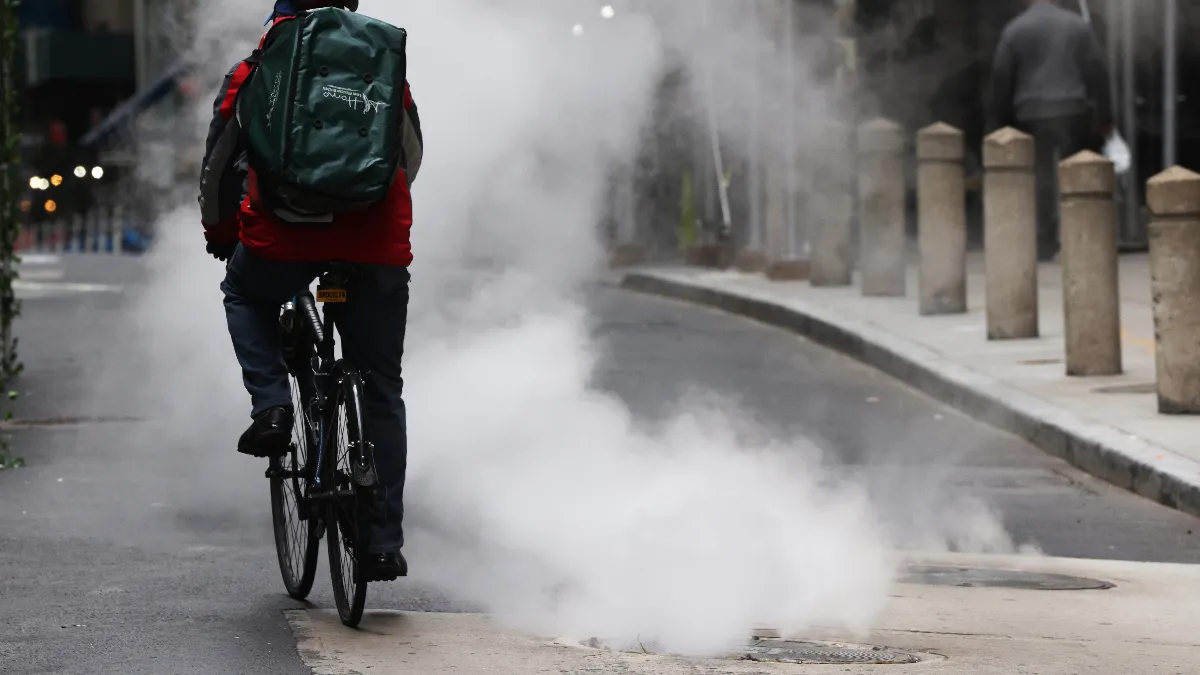Dive Brief:
- The U.S. Chamber of Commerce filed an amicus brief in the U.S. District Court for the Southern District of New York on March 29 in support of DoorDash, Uber Eats and Grubhub's lawsuit against New York City, which challenges the Big Apple's permanent food delivery commission fee cap.
- The Chamber claims the fee caps, which the city set at 15% last year, will ultimately harm platforms, restaurants, consumers and workers involved in food delivery.
- Such price caps negatively impact the quality and quantity of a good or service provided, the Chamber argues, adding that platforms would need to pass along costs to consumers in additional fees not covered by the cap.
Dive Insight:
Support from the Chamber could strengthen the lawsuit brought forward by the "big three" delivery firms, especially since it claims caps on commission fees could lead to longer wait times and small delivery radiuses. Such trends could decrease consumer demand and result in less revenue for restaurants and drivers.
The Chamber also argues that small, independent and local restaurants would be hurt the most by delivery fee caps because they don't have the resources to hire their own delivery fleets.
"As economists have long explained, when the government caps the price of a good or service below the market price, several negative consequences ensue. The market responds by providing less of that good or service, thereby creating shortages. Producers and service providers also have less incentive to invest in innovation, improvements, and quality control," the Chamber said in the brief.
The Chamber cited the the impact of rent control in San Francisco, as a negative example. Rent control, the Chamber claimed, led to landlords deferring maintenance, forgoing improvements, exiting the market and building less housing, leading to a reduction of overall housing supply and higher housing prices.
"Restaurants that have chosen to contract with platforms like plaintiffs at a commission rate greater than that allowed by the Ordinance are making a voluntary and conscious trade-off," the Chamber said. "They have decided to give up some short-term margin for the greater visibility, customer exposure, and revenue that those pricing arrangements with those platforms can offer."
The costs associated with caps could also lead to providers exiting the market and deterring new entrants, the Chamber claimed. Grubhub lost over $100 million during the first half of 2021 while DoorDash lost $26 million in Q2 2021 due to temporary caps, according to the brief. Uber Eats lost $60 million during the pandemic in New York City alone because of the cap, the Chamber said.
Providers may react to ongoing losses such as these by charging other fees and dropping lower-cost restaurants, the Chamber said. Caps could also result in drivers being paid less, which could result in fewer drivers servicing the providers.
"It is clear that the Ordinance is harmful to the public interest. It is designed to favor one sector of the economy over others, but in the end it will hurt the very business entities that it is intended to aid—and, along the way, will hurt many other individuals and entities," the Chamber said.
By contrast, restaurant groups such as the NYC Hospitality Alliance have called delivery fees "predatory" and assert that caps on these charges protect thin-margined restaurants. But major delivery firms argue that their partner offerings, such as tiered commission fee structures by DoorDash and Uber Eats, allow restaurants to choose the fees that work for their business without the need for government interference.














